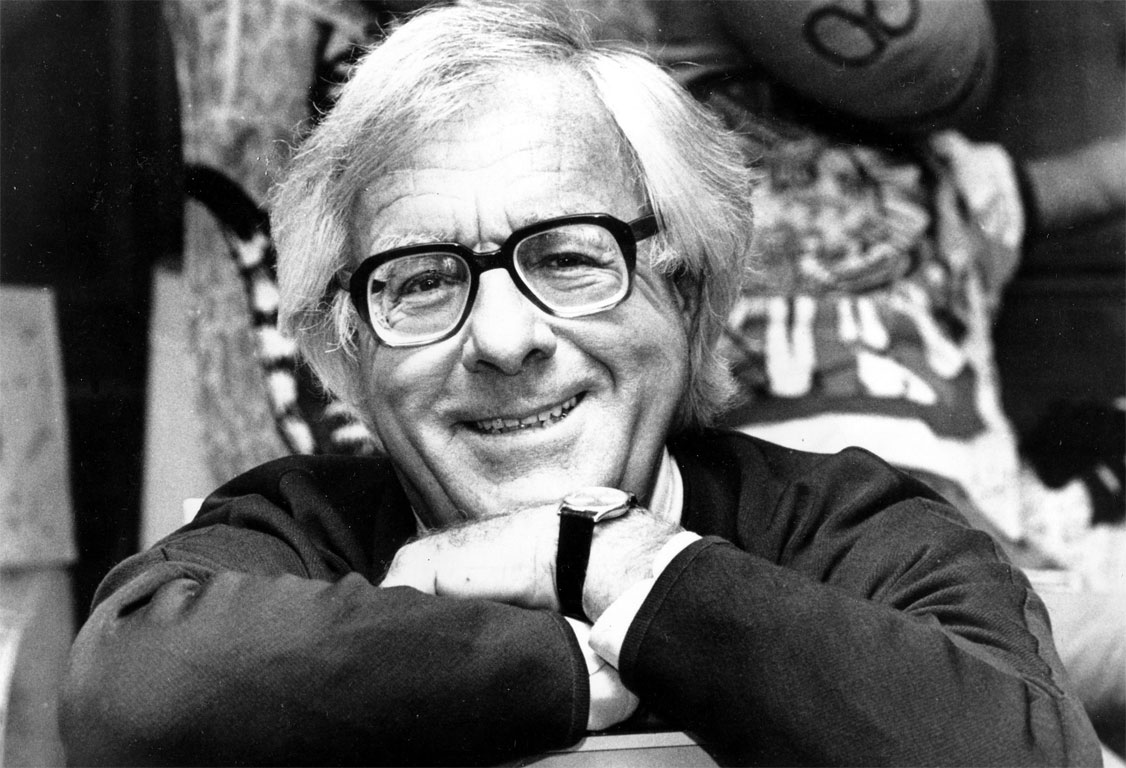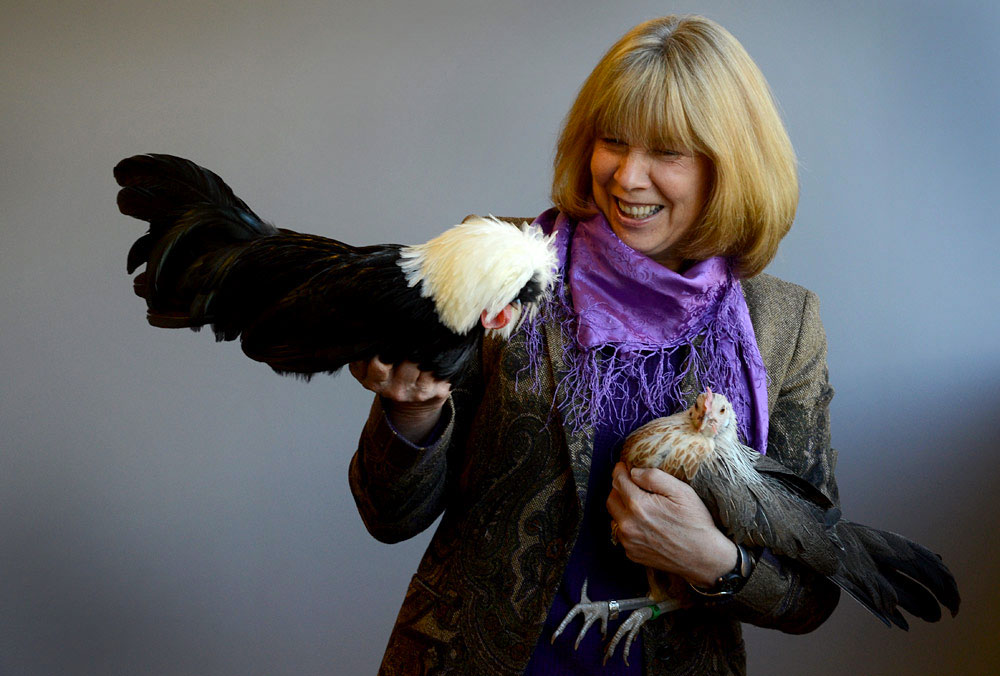Hey there. We’re Daily Fig, and we’ve made it our mission to unearth the most nourishing books for children and young adults. We dig deep into children’s literature to find the crème de la crème, then we distill the essence of those timeless stories. Our hope is that you and your children will use our website to discover new books and, by reading and relishing them together, ultimately become better people.
Planting a seed
Our name reflects the fact that learning is a continuous process that requires daily nurturing and care, much like the growth and maturation of a common fig — an observation that Stoic philosopher Epictetus made nearly 2,000 years ago.
Nothing great is produced suddenly, since not even the grape or the fig is. If you say to me now that you want a fig, I will answer to you that it requires time: let it flower first, then put forth fruit, and then ripen.

A crisis of epic proportions
Reading is a cornerstone of learning. Unfortunately, reading books can seem hopelessly old fashioned in a world where televisions, computers, and addictive handheld devices are readily available and capable of providing instant, limitless entertainment. Information in the form of news, videos, and social media is being created at faster and faster rates, but our attention spans are perpetually shrinking. The world is literally awash in cheap information, and people are drowning in it.
With so many tantalizing entertainment options available, it’s no wonder most of us tend to pick the easy, “feel good” option and “zone out.” Books are increasingly ignored — at our own peril. This is the outcome that Ray Bradbury warned about in 1993, long before the advent of Facebook, the iPhone, and Netflix.
The problem in our country isn’t with books being banned, but with people no longer reading. Look at the magazines, the newspapers around us—it’s all junk, all trash, tidbits of news. The average TV ad has 120 images a minute. Everything just falls off your mind. You don’t have to burn books to destroy a culture. Just get people to stop reading them.

Rediscovering an age-old solution
Books are the antidote to the epidemic of information overload. When it comes to literature in general, and children’s literature in particular, the emphasis is on quality, not quantity. Authors spend a tremendous amount of time researching, writing, and illustrating their books. When you pick up a book, you’re holding months if not years worth of work in your hand.
Author and illustrator Jan Brett typically spends a full year creating each of her beloved children’s books, such as Mossy. She loves the leisure aspect of books and their unique ability to provide readers with ample time to pause and reflect on the meaning of the images and the prose.
A children’s book is the perfect place where young readers can understand the world because they can take a deep breath and look at it and imagine and contemplate while they’re looking at it. With so many of the other art forms that children experience, such as movies and television, they don’t get to control the pace. A book is something that young readers can experience on their own time. They decide when to turn the page.

What you can do
Children intrinsically love books, but they need to be able to access them. It’s the responsibility of parents and educators to make books available at home and in the classroom. Read to your children. Encourage them to read by themselves. Make books an integral part of growing up.
In Walden, Thoreau said that “books are the treasured wealth of the world and the fit inheritance of generations and nations.” Enriching our lives with such “treasured wealth” is a priceless journey of joy. Join us in celebrating and embracing the wonderful world that is children’s literature.
